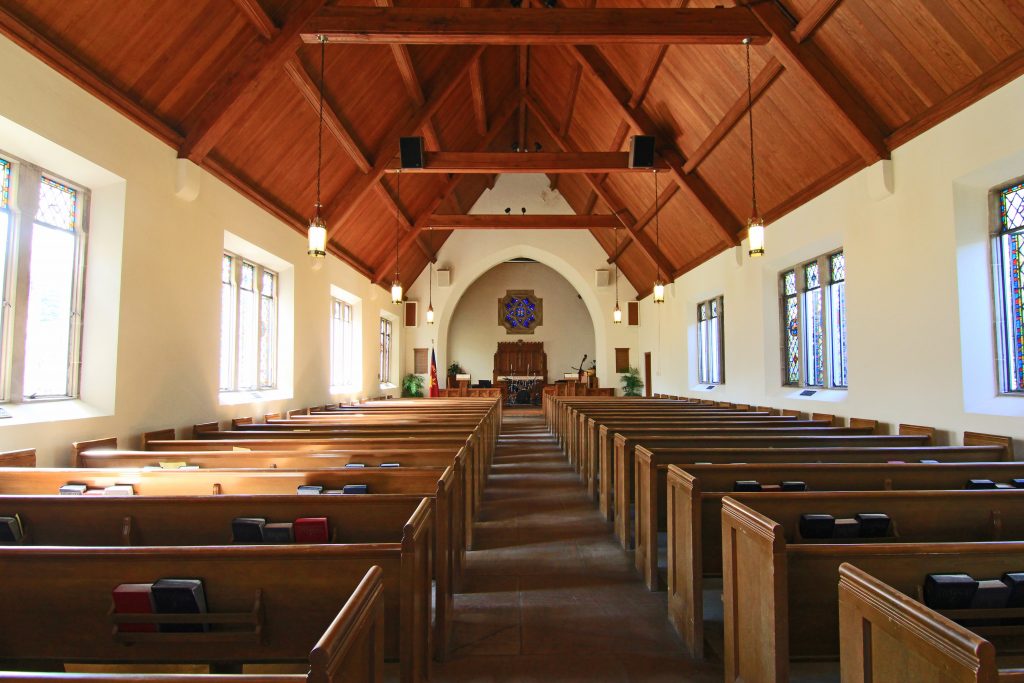The Distanced Church: Religious communities and COVID-19
Communication professor releases an eBook responding to how COVID-19 has forced religious leaders to wrestle with how to suddenly do religious services via digital platforms.

By Alix Poth
This week, Heidi Campbell, professor in the Department of Communication, released an eBook project responding to COVID-19 entitled, “The Distanced Church: Reflections on Doing Church Online.” It looks at how religious leaders are reflecting on worshipping through digital mediums — a timely project as the global pandemic has forced many church communities to close their doors and move online.
“The goal of this project is to release stories and expertise out into the public in a quick and timely manner,” Campbell said. “The hope is to both capture this moment in religious history, and to benefit the many religious communities and institutions who are wrestling with the sudden move of having to do religious services via digital platforms and ministry through digitally-mediated contexts.”
Campbell’s 25 years of research focuses on the intersection of digital and mobile media, religion and digital cultures. Her expertise is in the social shaping of technologies approach and Digital Religion studies related to how religious groups negotiate their use of new technologies.
The book, edited by Campbell, includes 30 essays offering reflection for religious communities considering the practical and theological challenges of doing church online. It provides global viewpoints, including insight from experts from Canada, Germany, Scotland, Sweden, USA, UK, Australia, Brazil, and New Zealand, as well as a wide range of religious denominations.
“This book brings together church leaders, pastors, theologians, and media scholars to share their reflection about what it is like to do church online during this time of quarantine and social distancing,” Campbell said.
In light of COVID-19, many churches have been forced to adapt to the new reality of social distancing. Shelter-in-place orders and quarantines have closed many houses of worship. Digital media has become the go-to resource for creating alternative worship spaces and experiences. Campbell’s years of research on religion offers insight into this unique challenge.
“As a scholar who has studied different aspects of religion and religious communities online for the past two and a half decades, I have been having many conversations with pastors, journalists, and other researchers about the opportunities and challenges offered by religion online,” she said.
Previously this month, Campbell also released two research papers summarizing her research on religion. The first provides a summary of the concept of doing church online, and the second gives insight into online religious communities. These papers offer suggestions of how religious communities and leaders transition from offline to online gatherings.
Campbell will speak about the book’s research next week at an online webinar hosted by the World Council of Churches in Geneva. The ebook is now available online as a free PDF.
Read more about COVID-19 from Texas A&M College of Liberal Arts experts here.
